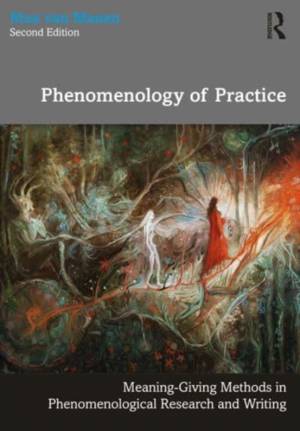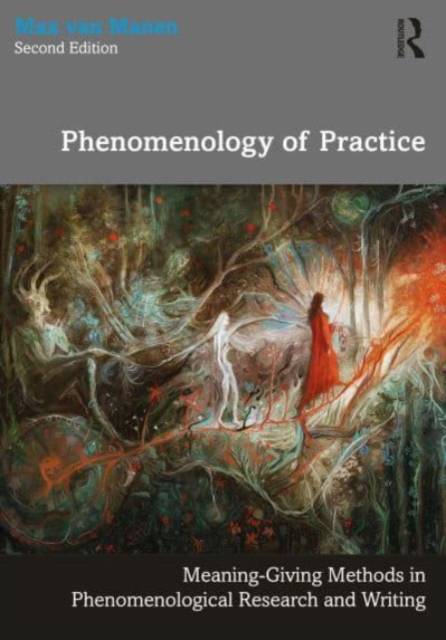
- Retrait gratuit dans votre magasin Club
- 7.000.000 titres dans notre catalogue
- Payer en toute sécurité
- Toujours un magasin près de chez vous
- Retrait gratuit dans votre magasin Club
- 7.000.0000 titres dans notre catalogue
- Payer en toute sécurité
- Toujours un magasin près de chez vous
Phenomenology of Practice
Meaning-Giving Methods in Phenomenological Research and Writing
Max Van ManenDescription
Max van Manen offers an extensively updated edition of Phenomenology of Practice: Meaning-Giving Methods in Phenomenological Research and Writing to provide an eloquent, accessible, and detailed approach to practicing phenomenology.
Phenomenology of practice refers to the meaning of doing phenomenology on experiences that are of significance to those in professional practice such as psychology, health care, education, and in contexts of ordinary living. A special feature of this update is the role of examples, anecdotes, stories, and vignettes, and the singularity of fictionalized empirical fragments in making the unknowable knowable. Accordingly, the various chapters are enriched with many intelligible examples of phenomenological essays and excursions on ordinary and extraordinary topics. These examples show that a phenomenological method can be engaged to explore virtually any lived experience or event. Max van Manen provides penetrating portrayals of depthful insights by brilliant phenomenologists. He identifies and distinguishes a variety of phenomenological orientations that are alive and current today.
This book is relevant to scholars, students, and motivated readers interested in the originary meanings and methods of phenomenological human science enquiry. Max van Manen's comprehensive work is of significance to all concerned with the interrelation between being and acting, thoughtfulness and tact, in human sciences research and the phenomenology of everyday life.
Spécifications
Parties prenantes
- Auteur(s) :
- Editeur:
Contenu
- Nombre de pages :
- 498
- Langue:
- Anglais
- Collection :
Caractéristiques
- EAN:
- 9781032131931
- Date de parution :
- 08-06-23
- Format:
- Livre broché
- Format numérique:
- Trade paperback (VS)
- Dimensions :
- 178 mm x 254 mm
- Poids :
- 893 g

Les avis
Nous publions uniquement les avis qui respectent les conditions requises. Consultez nos conditions pour les avis.






